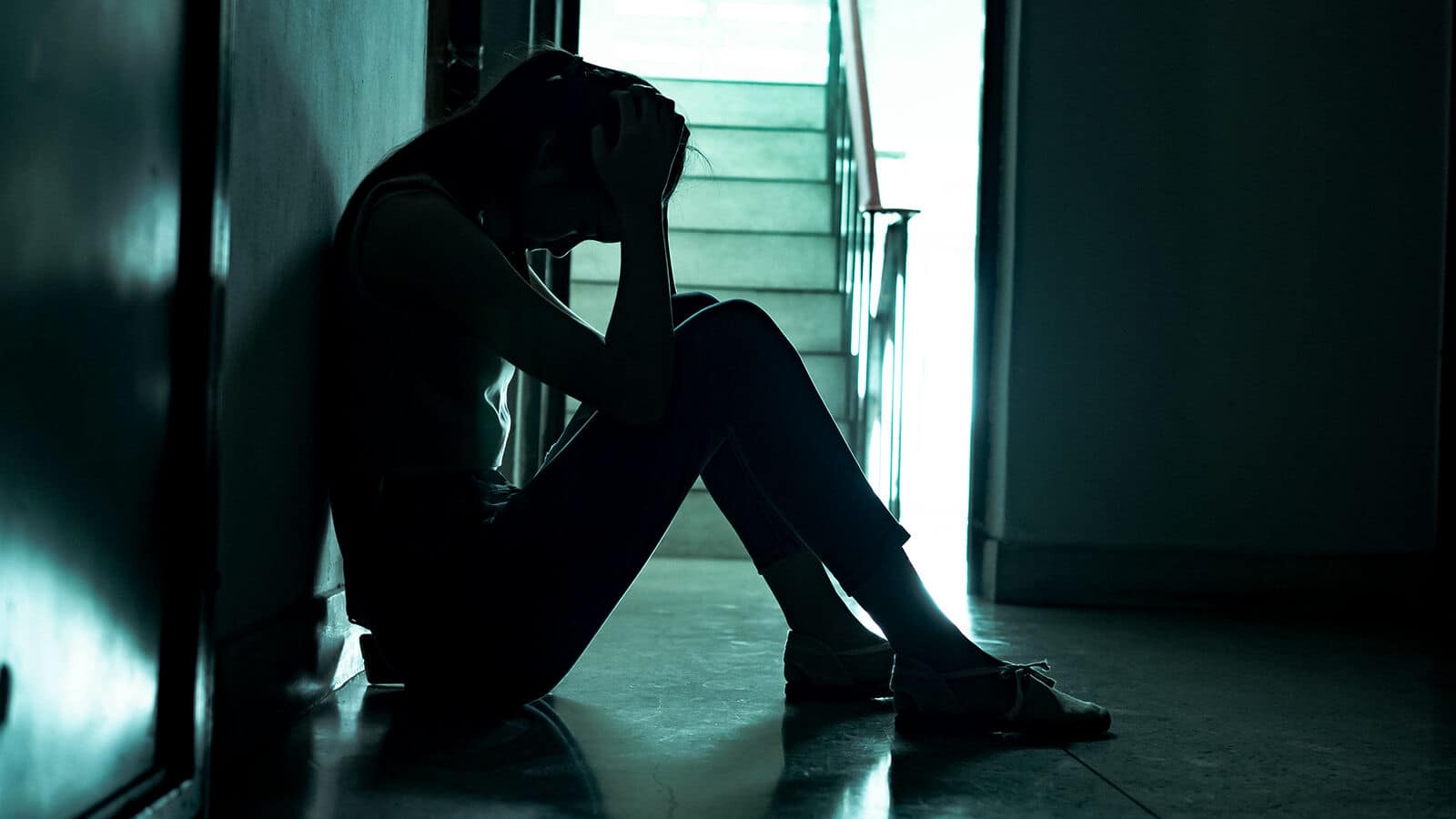
Long-term mental health conditions, such as chronic depression, anxiety disorders, and PTSD, can feel like an unending cycle. For many, traditional treatments don’t always provide lasting relief. In response, the mental health field is seeing a wave of innovative solutions that approach these challenges from new angles—biological, digital, social, and cultural. Here’s a closer look at how some of these developments are changing lives.
Breakthrough Medications for Resistant Conditions
One of the most promising developments in recent years has been the emergence of new pharmacological treatments aimed at people who haven’t responded to standard medications. A key example is SPRAVATO for treatment-resistant depression, which is a nasal spray formulation of esketamine. This medication works differently than traditional antidepressants, targeting glutamate receptors in the brain rather than serotonin. It’s designed for adults with major depressive disorder who haven’t had success with other treatments, offering hope where little existed before.
Unlike daily pills, SPRAVATO is administered under medical supervision on a weekly or bi-weekly basis. Many patients report a rapid improvement in mood and mental clarity, sometimes within hours. While it’s not a standalone solution, it’s a vital part of a broader, supervised mental health strategy that blends medical treatment with therapy and support.
Community-Based Mental Health Support
In areas where access to mental health professionals is limited, communities are stepping up. Programs are being developed that train local volunteers or health workers to provide basic psychological support. These initiatives work well because they use trusted individuals who understand the community’s culture, language, and challenges. The result is a more accessible and less intimidating form of care.
These models often focus on problem-solving therapy, stress management, and emotional support—tools that, while simple, can be highly effective when delivered by a caring and informed member of the community. As these programs continue to grow, they’re proving that healing doesn’t always have to happen in a clinical setting.
Digital Tools Making an Impact
Technology has also opened the door to mental health resources that are available 24/7. Mobile apps, online therapy platforms, and artificial intelligence-driven mental health assistants are providing people with more options than ever before. These tools allow users to track their moods, practice mindfulness, and access coping strategies instantly.
Some platforms go a step further, offering voice-guided exercises, real-time chatbots, or video therapy with licensed professionals. While digital tools may not replace in-person care for everyone, they provide immediate support, especially during off-hours or in remote locations.
Addressing the Bigger Picture
A growing body of thought in mental health care emphasizes the importance of addressing social and economic factors. Housing instability, unemployment, and financial insecurity all contribute to long-term mental health struggles. By embedding services like housing support or employment assistance within mental health programs, practitioners are helping patients rebuild the external structure of their lives while working on internal healing.
These services don’t just improve quality of life—they reduce stressors that can lead to mental health crises. It’s a holistic approach that recognizes how deeply our environment influences our mental wellness.
Cultural and Generational Healing
Another powerful response to long-term mental health issues is the integration of traditional and cultural healing practices. For many, especially those in historically marginalized communities, mental health care must consider cultural identity and intergenerational trauma. Practices like breathwork, sound therapy, journaling, and group rituals are being used alongside therapy to support healing on a deeper level.
This form of care is more than just an emotional outlet—it’s a way of reconnecting with ancestral wisdom, community, and personal strength. When people feel seen and understood within the context of their culture, their path to healing often becomes clearer and more sustainable.
Moving Forward
Mental health care is no longer confined to one-size-fits-all solutions. As science, technology, and society evolve, so do the ways we can support those living with long-term mental health struggles. With options ranging from rapid-acting medications like SPRAVATO to community support and culturally informed care, the future of mental health is becoming more dynamic, personalized, and hopeful.
